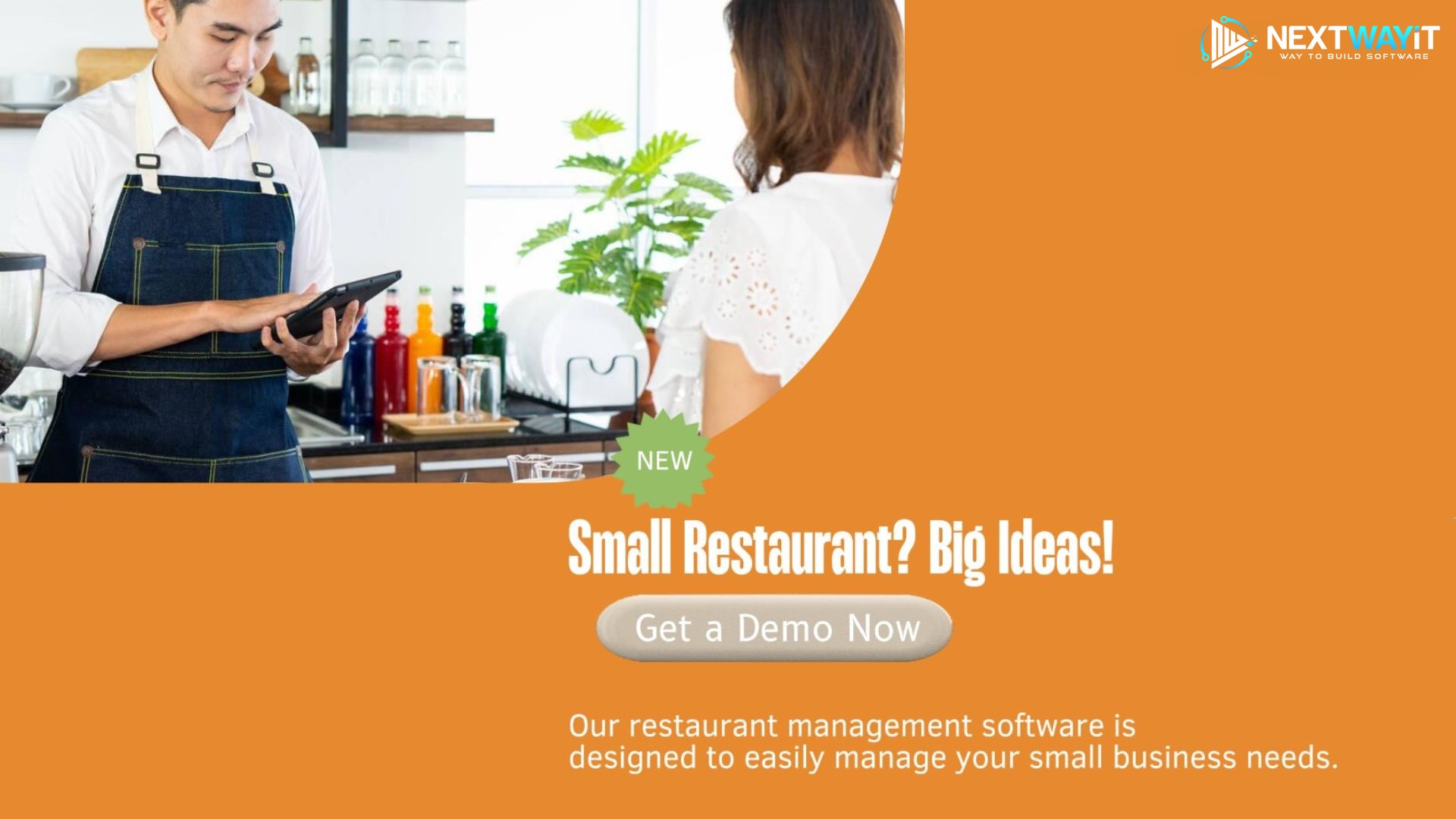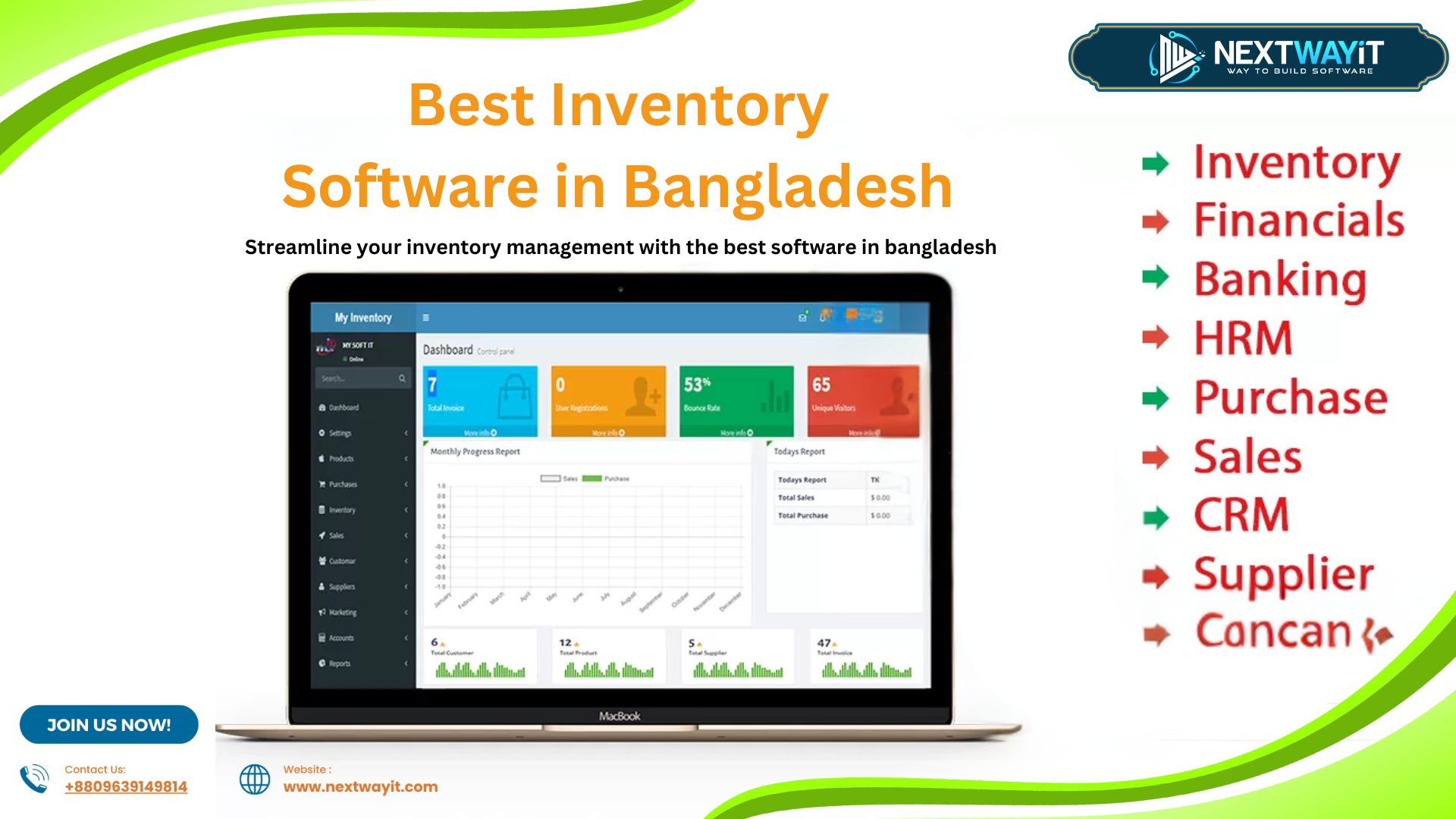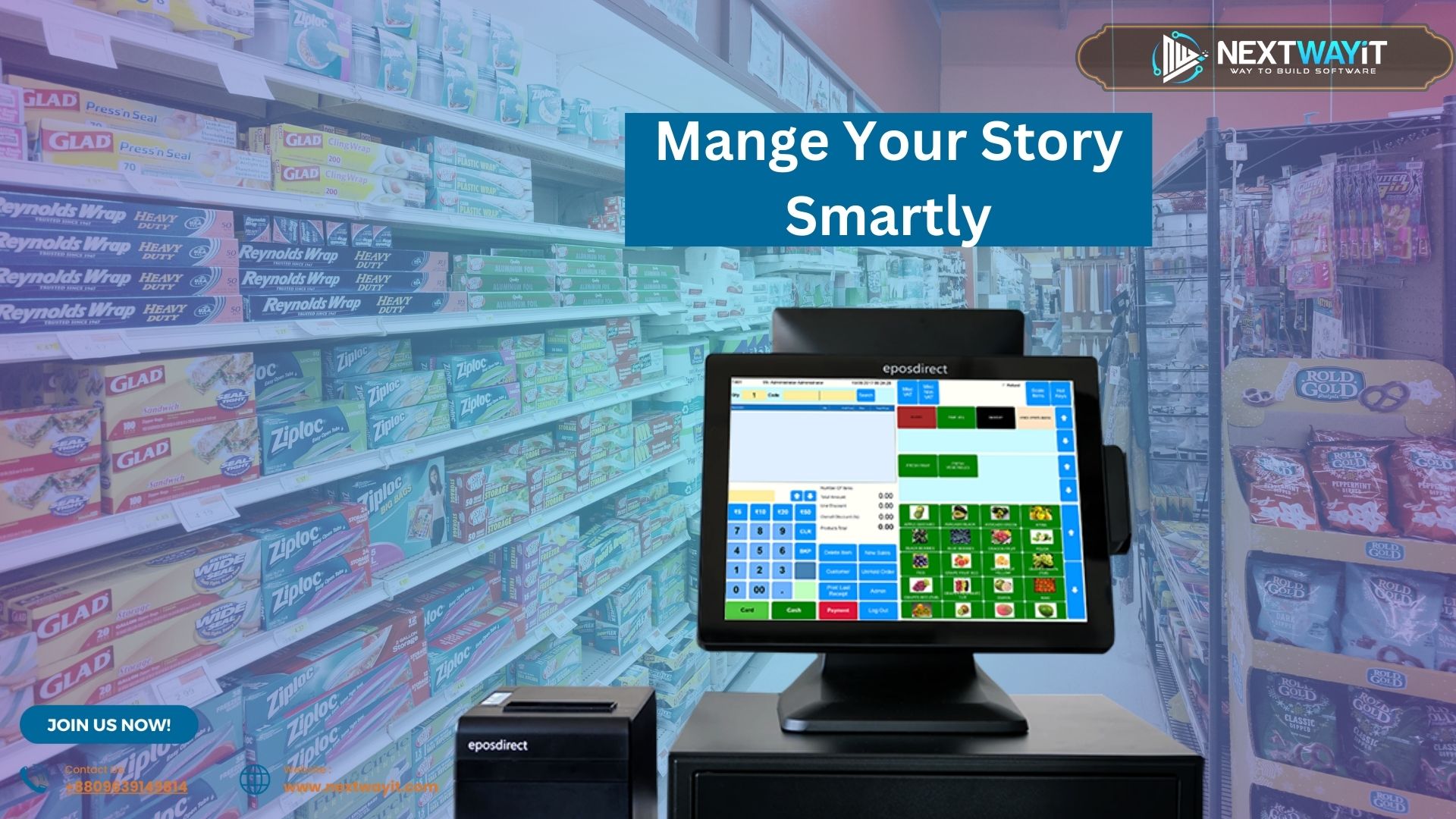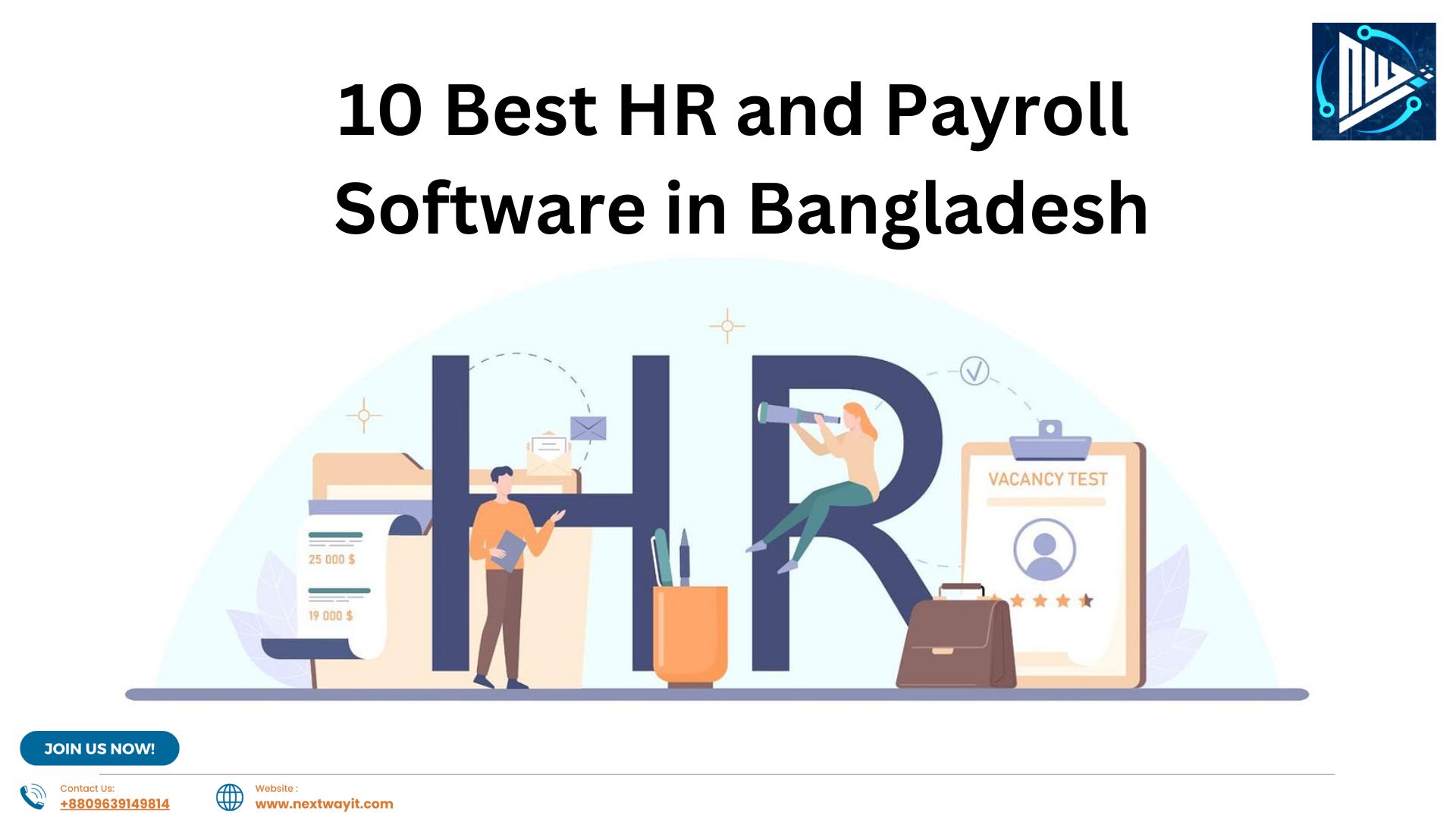
The Ultimate Guide to Restaurant Management Software for Small Restaurants
In this article discuss about Restaurant Management Software for Small Restaurants. Running a small restaurant comes with its own unique set of challenges—managing staff, keeping inventory in check, ensuring customer satisfaction, and maintaining financial transparency. For many small restaurant owners, balancing these tasks can be overwhelming. That’s where restaurant management software comes into play. This essential tool can help streamline operations, increase efficiency, and boost profitability, allowing owners to focus more on creating great dining experiences. In this article, we will explore the advantages of restaurant management software tailored specifically for small restaurants.
What is Restaurant Management Software?
Restaurant management software (RMS) is a comprehensive system designed to manage various operational aspects of a restaurant. This software helps owners and managers efficiently oversee inventory, customer relations, employee management, sales tracking, and more, from a single dashboard. For small restaurants, where resources are often limited, a robust RMS can be a game-changer. It ensures that every operation, from the front-of-house to the back-of-house, runs smoothly.
Key Features for Small Restaurants
When considering restaurant management software for a small restaurant, there are a few key features that stand out:
- Point of Sale (POS) Integration: A POS system is the backbone of RMS, handling orders, payments, and receipts.
- Inventory Management: Helps track ingredients and supplies to avoid overstocking or shortages.
- Employee Scheduling: Organize shifts efficiently and track work hours.
- Table Management: Optimize seating arrangements and table turnover.
- Customer Relationship Management (CRM): Keep track of loyal customers, manage promotions, and enhance customer retention.
- Reporting & Analytics: Generate sales, expense, and performance reports for data-driven decision-making.
- Mobile Accessibility: Access RMS features remotely via smartphones or tablets.
For small restaurants, these features can transform how you manage daily operations, making them faster and more efficient.
Benefits of Using Restaurant Management Software
Restaurant management software offers numerous benefits, particularly for small businesses where resources and time are often stretched thin. Here are some of the key advantages:
- Increased Efficiency: Automating many manual tasks such as order processing, payroll, and inventory management saves time and reduces human error.
- Better Customer Service: With faster order processing and real-time updates on food availability, customers enjoy quicker service and fewer mix-ups.
- Cost Control: RMS helps track food wastage, inventory levels, and labor costs, leading to better financial management.
- Improved Accuracy: With real-time data on sales, stock levels, and labor, RMS allows for more accurate forecasting and planning.
- Ease of Use: Modern restaurant management software is often intuitive and easy to implement, even for those who are not tech-savvy.
These benefits are particularly vital for small restaurant owners who need to juggle multiple responsibilities.
Why Small Restaurants Should Invest in RMS
Small restaurant owners may hesitate to invest in restaurant management software due to perceived high costs. However, the return on investment (ROI) is often substantial. By automating routine tasks, RMS can reduce labor hours, increase table turnover, and minimize mistakes, ultimately leading to increased profitability.
For instance, the ability to monitor ingredient levels ensures that popular dishes are never out of stock, reducing missed sales opportunities. Moreover, the integration of online ordering and delivery platforms can boost sales by reaching a broader customer base.
Cost of Restaurant Management Software
One of the major concerns for small restaurant owners is the cost of implementing RMS. Fortunately, many software providers offer packages specifically designed for small businesses, making them affordable. The cost of restaurant management software varies depending on the features and functionalities you need.
- Subscription-Based Models: Many RMS solutions operate on a subscription basis, with costs ranging from $50 to $300 per month.
- One-Time Purchase: Some providers offer the option to purchase the software outright for a one-time fee, though this is often more expensive upfront.
- Add-On Features: Additional costs may apply for extra features like customer loyalty programs or advanced reporting tools.
When selecting a system, it’s essential to consider your restaurant’s specific needs and choose a solution that balances functionality with affordability.
Cloud-Based vs. On-Premise Solutions
Restaurant management software comes in two main types: cloud-based and on-premise.
- Cloud-Based Solutions: These are hosted online and allow users to access the system from any device with an internet connection. They are ideal for small restaurants as they usually require minimal upfront costs and can be updated remotely.
- On-Premise Solutions: These systems are installed locally on the restaurant’s servers. While offering more control over data, they often come with higher upfront costs and require IT support for maintenance and updates.
Cloud-based solutions are generally more suited for small restaurants, given their cost-effectiveness and ease of use.
How RMS Enhances Customer Satisfaction
For any restaurant, customer satisfaction is key to success, and RMS can significantly improve the customer experience. With features like table-side ordering and integrated payment processing, customers can enjoy faster service. Additionally, CRM features help small restaurants tailor promotions to loyal patrons, making them feel valued and encouraging repeat visits.
Many systems also integrate with review platforms, allowing restaurant owners to gather feedback and address any concerns promptly.
Streamlining Takeout and Delivery Services
In today’s restaurant industry, takeout and delivery services have become essential, particularly for small establishments. Many restaurant management software solutions offer integrations with popular food delivery platforms, simplifying the management of orders from multiple sources.
With RMS, orders can be seamlessly routed to the kitchen, reducing delays and ensuring accuracy. For small restaurants, this feature can help expand customer reach without adding significant strain on operations.
Choosing the Right RMS for Your Small Restaurant
Selecting the right restaurant management software depends on your specific needs. Here are some factors to consider:
- Ease of Use: Ensure that the software is intuitive for your staff, requiring minimal training.
- Customization: Look for software that allows you to customize features according to your restaurant’s requirements.
- Support and Maintenance: Choose a vendor with reliable customer support and regular updates.
- Scalability: If you plan to grow your restaurant, choose software that can scale with your business.
- Free Trial: Many RMS providers offer a free trial, allowing you to test the software before committing.
By carefully evaluating your needs and the available options, you can find a restaurant management system that will optimize your restaurant’s operations without straining your budget.
Conclusion
For small restaurants, adopting a restaurant management software system can be a transformative step toward achieving greater efficiency, better customer satisfaction, and improved profitability. By automating essential functions like order processing, inventory tracking, and staff management, RMS allows restaurant owners to focus on what truly matters—creating a memorable dining experience for their customers. With the right system in place, even the smallest restaurant can run like a well-oiled machine, ensuring long-term success.



